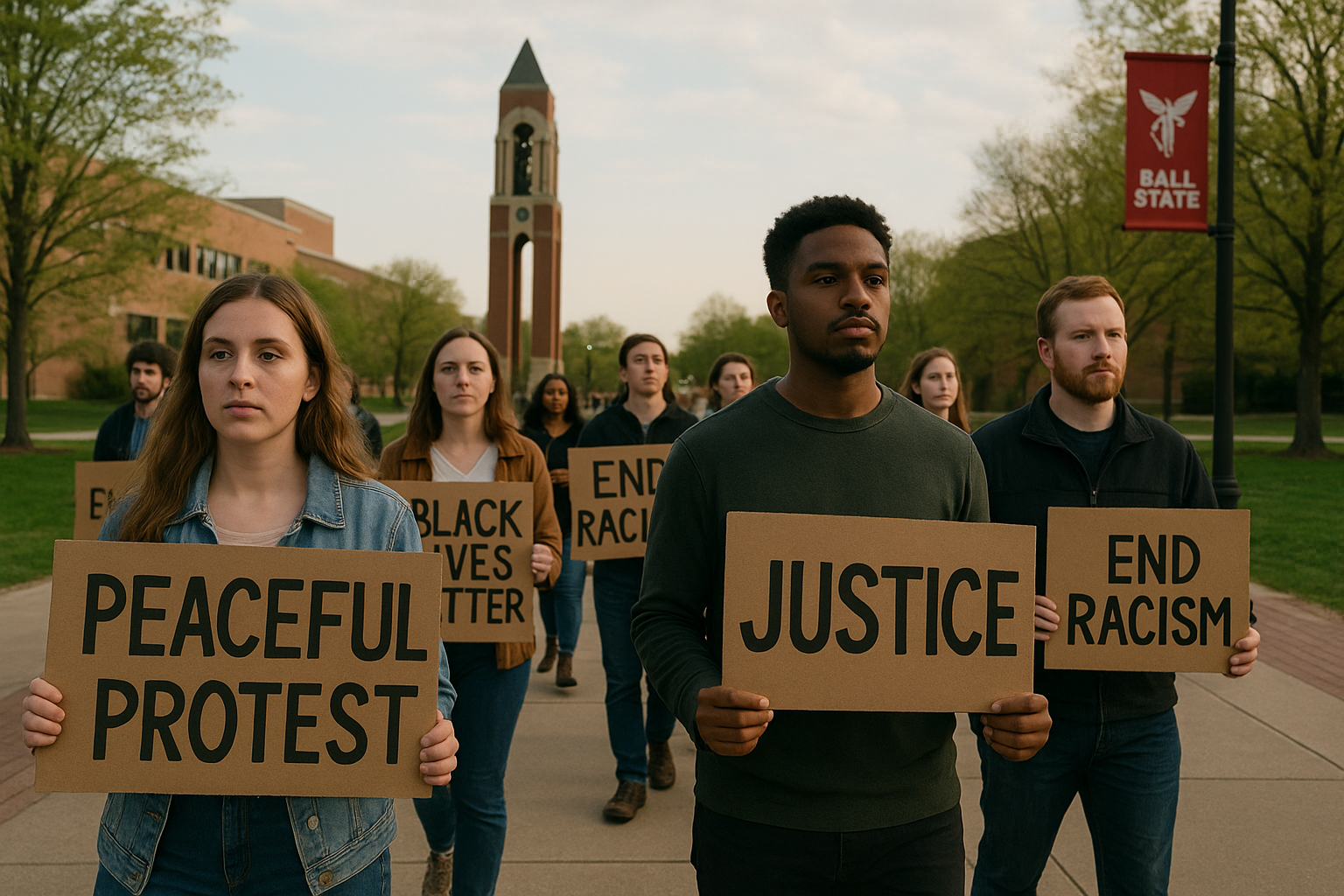Have You Been Fired for Free Speech?
Your rights
Government employees are protected from employment retaliation when you make a comment in your capacity as a citizen (as opposed to an employee) on matters of public concern in a manner that is not related to your duties, is not unduly disruptive to the workplace, does not undermine close working relationships, and does not interfere with the efficient operation of the workplace.
“A State cannot condition public employment on a basis that infringes the employee’s constitutional protected interest in freedom of expression.” Garcetti v. Ceballos.
Public employees do accept certain limitations on their freedom of speech. However, a government employee’s free speech is protected when speaking as citizens on matters of public concerns. Employers may only restrict that speech to the extent for the employer to operate efficiently and effectively.
In other words, the Governor cannot fire you from your state employment because you publicly criticized him, off-duty, on a social media platform, on a matter that is unrelated to your job duties.
When a government employee makes statements about their official duties, that speech lacks First Amendment protection.
When an employee is speaking as a citizen, “the First Amendment requires a delicate balancing of the competing interests surrounding the speech and its consequences.”
The balancing test first looks at whether the speech is on a matter of public concern - things like political, social, or other community issues as opposed to personal grievances or workplace disputes. If it’s not a matter of public concern, it’s not protected by the First Amendment.
These are extremely fact sensitive cases, and should be discussed with experienced legal counsel.
Call Ramsland Law at 317.610.0086 or 765.267.1240, or email at jason@rams.land to discuss your rights under the first amendment.


